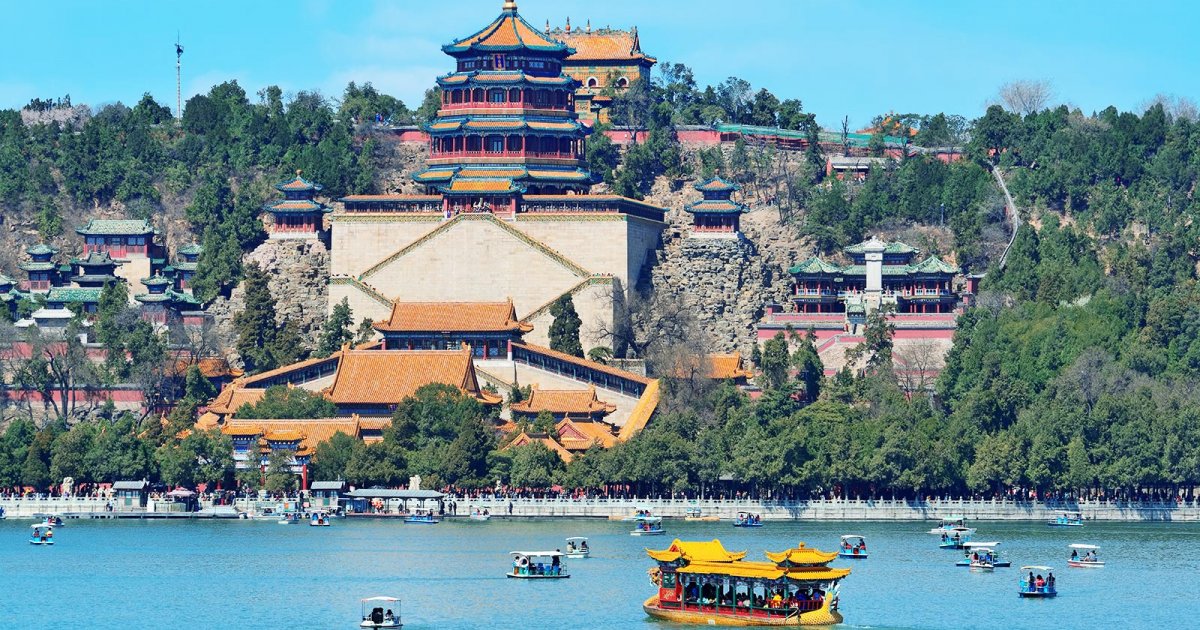SUMMER PALACE, Introduction
 Language: English / USA
Language: English / USA
Hi, my name’s Rick, and I’m your personal guide. Along with MyWoWo, I’d like to welcome you to one of the Wonders of the World: the Summer Palace.
The Summer Palace is the largest and best-preserved royal park in China.
Its origins date to 1153, when the fourth emperor of the Jin dynasty ordered the building of a palace on a small hill known as Jar.
Around 1271, after the Yuan dynasty established its capital in present-day Beijing, a project was undertaken to create a reservoir that would guarantee a water supply for the palace, and the Western Lake was thus created.
In the 16th century, Emperor Zhengde had another palace built on the banks of this lake, thus turning the area into imperial gardens.
Lastly, around 1749, Emperor Qianlong decided to build a palace of his own near the Western Lake, to celebrate his mother’s 60th birthday, and ordered the expansion of the lake to create another two lakes, Gaoshui and Yangshui.
The three lakes were used to supply water not only to the imperial gardens, but also to the surrounding agricultural areas. Emperor Qianlong collectively named the three lakes "Kunming Lake”, and the earth dug out to expand the lake was used to add to the hill, which was renamed "Longevity Hill". Construction was completed in 1764.
During the war between France and England against China in 1860, the Palace was set ablaze. It was subsequently restored and extended, with the addition of several pavilions, by the Empress Dowager Cixi for her 60th birthday in 1888. The Empress called it Yíhéyuán, meaning "Garden of Preserving Harmony”, as it is still known in Chinese.
Today, the Summer Palace is a marvelous public park, stretching over an area of 2.9 square kilometers, three quarters of which is occupied by Lake Kunming. It is dominated by the 60-meter-high Longevity Hill, with many splendid buildings at the front, while the rear part has remained in its natural state.
An interesting fact: during the reign of Emperor Tianqi, between 1620 and 1627, the court eunuch, Wei Zhongxian, became so powerful that the imperial gardens became his personal property.



